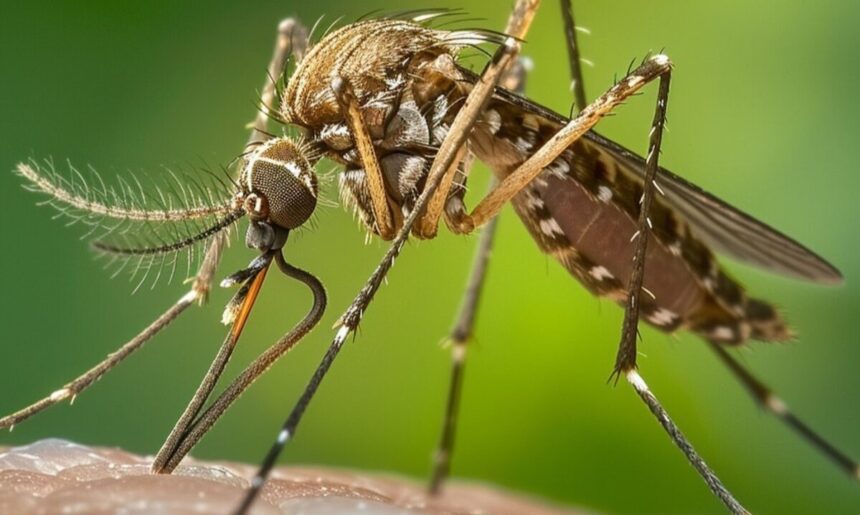There is currently a West Nile virus outbreak in Israel. Thus far, 21 individuals have been diagnosed with it. West Nile fever is brought on by a virus carried by mosquitoes. The symptoms that an infected individual often experiences include fever, exhaustion, headaches, body aches, and nausea and vomiting.
These days, Israel, a country in the Middle East, is thought to be infected with the West Nile Virus. Over the past several days, there has been a steady rise in West Nile virus cases. As per the notice released on Sunday by the nation’s Health Ministry, 21 individuals have been diagnosed with the virus thus far.
At the same time, 17 of these people have been admitted to the hospital with neurological symptoms. Not only this, due to this infection, two people have died so far and three people are on ventilator in critical condition. Let’s know what is this virus and its symptoms
What is West Nile Virus?
The West Nile virus (WNV) is often found in Africa, Europe, the Middle East, North America, and West Asia, according to the World Health Organization (WHO). It is transmitted by mosquito bites and can kill or seriously injure persons with nerve illnesses. Humans, horses, and other animals can contract this infection.
The West Nile virus (WNV) is a member of the Flaviviridae family, which is related to the flavivirus genus and the Japanese encephalitis antigenic complex.
Symptoms of West Nile Virus
According to the WHO, WNV infection in about 80% of infected people is either asymptomatic or can cause West Nile fever or severe West Nile fever. About 20% of people who become infected with WNV develop West Nile fever. Its symptoms include-
- fever
- fatigue
- headache
- Body aches
- Nausea-vomiting
- Swollen lymph glands
- Sometimes skin rashes
Symptoms of severe West Nile fever include:
- headache
- High fever
- Stiff neck
- coma
- quiver
- twist
- Muscle weakness
- Paralysis
Which people are more at risk?
While anybody can become a victim of this virus, those over 60 are more likely to experience severe symptoms and problems. Additionally, there is an increased risk for those with weak immune systems, cancer, diabetes, renal issues, and organ transplants.
How to prevent West Nile fever?
- This disease is usually spread by mosquito bites, so it is important to protect against mosquitoes to avoid it.
- For this, while stepping out of the house, especially during the monsoon season, apply Odomos or use mosquito repellent on your entire body.
- To prevent mosquito bites, dress in long sleeves and long pants. Make every effort to conceal yourself.
- Try to minimize outdoor activities in the morning and evening, as this is the time when mosquitoes are most active.
- Keep the doors and windows of your houses closed to prevent mosquitoes from entering the houses. Especially stay indoors during the time.
Read More: Guchhi Mushroom: The world’s most expensive mushroom, found in Kashmir, is highly prized





